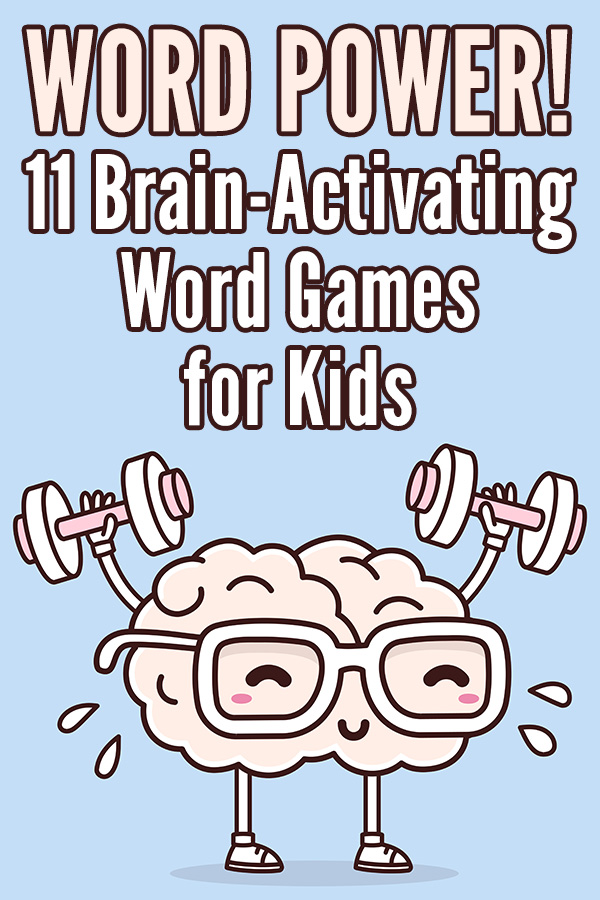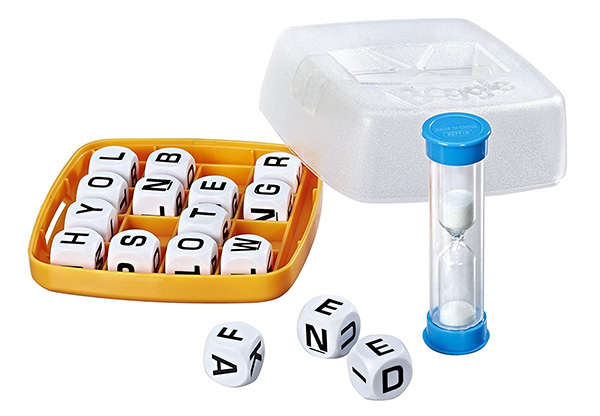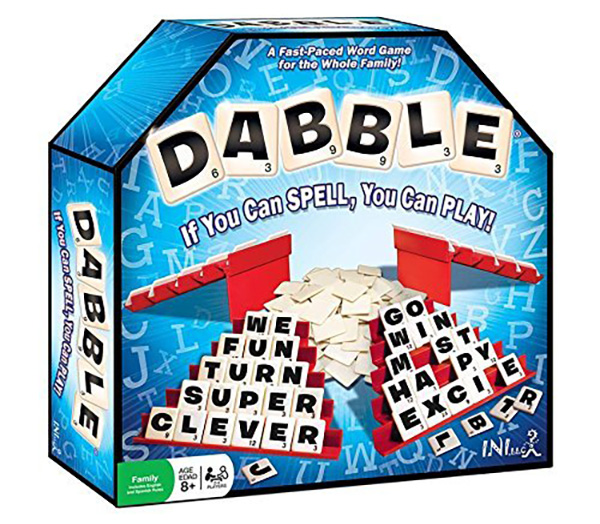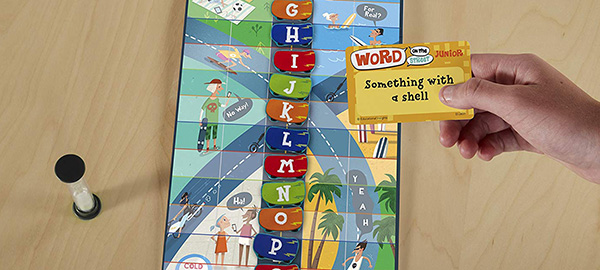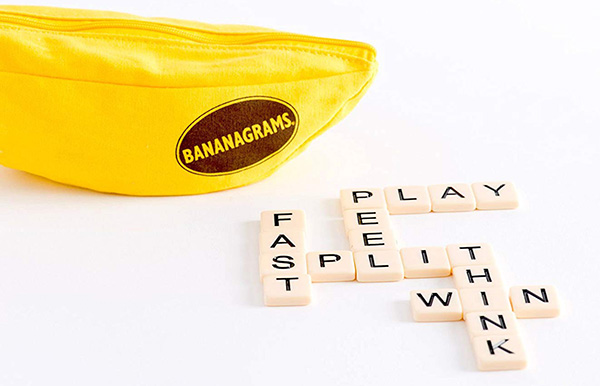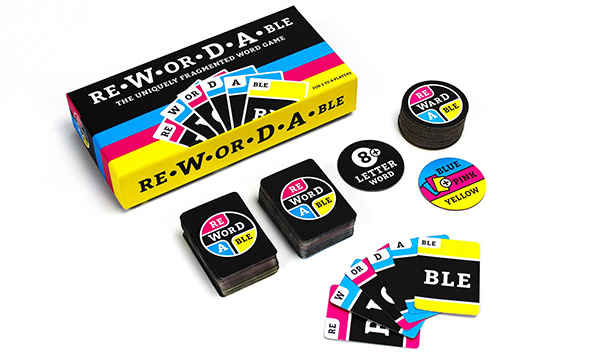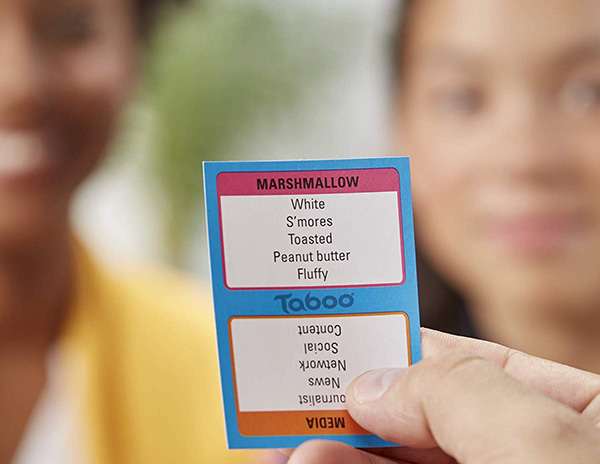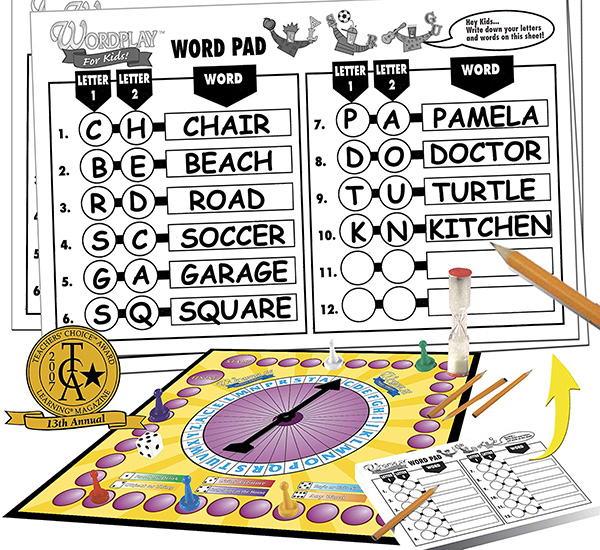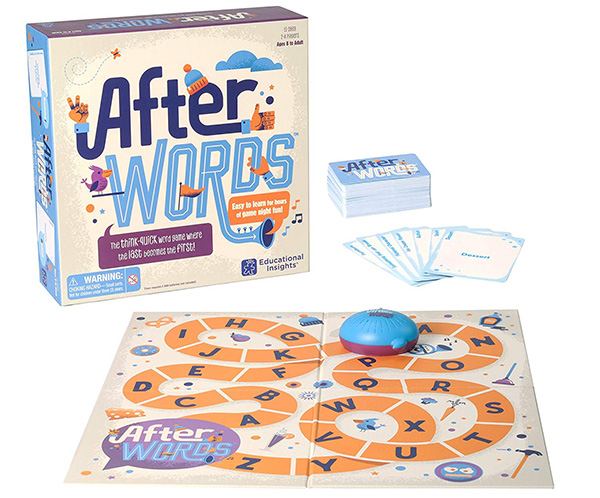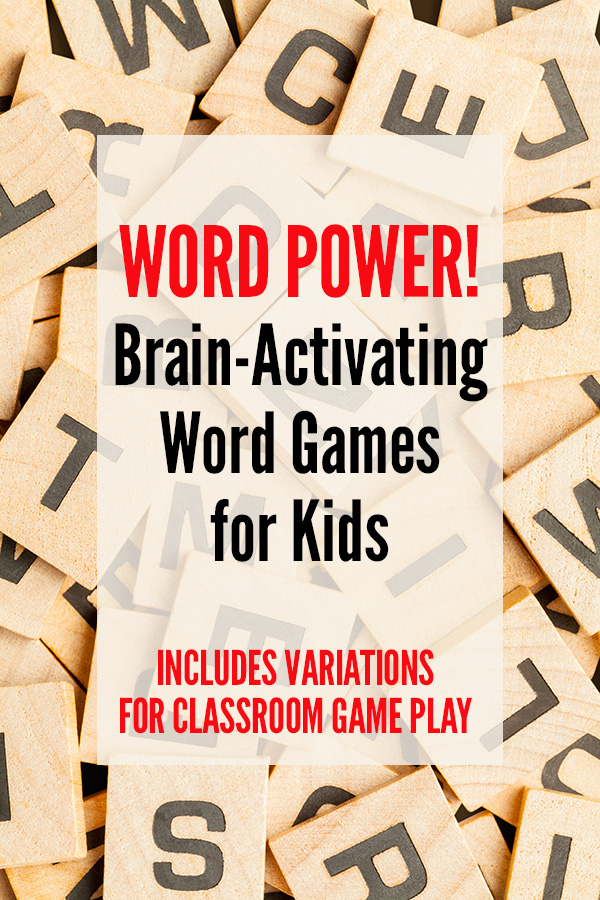Word Power! 11 Brain-Activating Word Games for Kids
Here are 11 fantastic brain-activating word games for kids that will help boost vocabulary, enhance language learning and reinforce spelling skills – all while having awesome amounts of fun!
Brain research shows that word games activate and exercise specific parts of the brain in a pleasurable and entertaining way. So, games that involve building and spelling words are not only great for learning; they also reinforce positive attitudes toward reading, writing, and language!
With a little creativity, these games can also make homework practice more fun, and many can be adapted for use in the classroom to gamify a lesson or as a quick break between lessons!
11 Brain-Activating Word Games for Kids
7 Word Building Games
1. Boggle
This “word-search” game has been around for almost 50 years and is still as popular as ever. Shake up the cubes in the grid, start the timer, and then race to find words that can be made from adjacent letters on the grid. When played as intended, it reinforces all kinds of word-building skills and enhances vocabulary, and at a much faster pace than other classic word games.
Variations for Learning:
- Adjust the rules of play so that younger players can make two-and-three-letter words using all letters facing up on the grid (rather than just letters adjacent to one another).
- Use the letter cubes to spell sight words or spelling words for homework practice.
- Use the cubes to keep students engaged in small groups for phonics and spelling practice: use the letter cubes to practice word families (e.g. pay, say, may, play, day, etc.), digraphs (e.g. ph, sh, th), blends (e.g. gl, st, pr) and sight or spelling words.
- Display a Boggle grid using an online version of the game on the interactive whiteboard to challenge an entire classroom of players. Students need only a pencil and paper!
Many other words games come with letter cubes, tiles, or shapes that can be used in the same way for extra practice at home or at school.
2. Dabble
This game has won too many awards to name, including the Creative Child Magazine Word Game of The Year. Players draw 20 letter tiles each, then race to create five words: a 2-letter word, a 3-letter, 4-letter, 5-letter, and one 6-letter word. Each letter earns a number of points, totaled at the end of the round for a player’s score, so players will practice addition as well!
3. Word on the Street Jr.
A kind of tug-of-war, players pull letter tiles to their side of the “street” as they spell words that fit into the category displayed on a card drawn. The game includes two levels of play and is recommended for ages 7 and up.
4. Bananagrams
A faster-paced Scrabble-type game in which players are challenged to form multiple connecting words, the materials include 42 letter tiles, making it perfect for teachers to use in small groups. Even better, Double Bananagrams comes with 288 tiles and can be played by up to 16 players!
5. Blind Spell
Winner of the Parents’ Choice Approved Award, this game is for younger spellers. A player puts on special “blindfolding” glasses, then forms words using only the sense of touch. This multi-sensory approach reinforces the shapes of letters for younger students and makes spelling practice fun!
6. Rewordable
This game, in which players use letter and “word fragment” cards to form words, also includes variations that provide extra challenge and increasing difficulty, making it adaptable for players of all ages. The “chunks” of words reinforce suffixes and spelling for upper elementary students.
7. Kerfuddle
Players race to find the most words in this game, which also uses letter cubes. However, the addition of a number cube and “Shake it Up” cards make this game a bit more challenging. Words formed must be of a certain length and meet the criteria given (e.g. must not use the letter ‘n’).
4 Language Building Word Play Games
8. Taboo: Kids vs Parents
In this fun word game, a player tries to correctly guess a “mystery word” using clues given by their partner. The catch? The partner must not use any “taboo” words! This requires the clue-giver to think creatively and carefully construct clues using alternate words! Accidentally use a forbidden word in your clue and your opponents will sound a squeaker! In this “kids vs parents” version, words are appropriate and adjusted to level the playing field!
Variation for Classroom Learning: In the classroom, have students create a list of guess words that relate to a unit or lesson along with the words that should be “taboo.” For example, in an astronomy unit, if the guess word is “constellation,” the “taboo” words might be: “star,” “sky,” “pattern,” “animal,” and “dipper!” Then have students race to come up with the best clues using not one forbidden word!
9. Rhyme Out
For ages eight and up, Rhyme Out challenges players to listen carefully to clues that describe three rhyming words. For example, “part of the ear that is pierced,” “a model of the earth,” and “something a judge wears” are clues to the words: “lobe,” “globe,” and “robe.” The game includes two levels of play, one for younger players and a second level for older and adult players.
Variation for Classroom Learning: In the classroom, the “easy level” cards could be read aloud to the class as a short brain break between other activities. The cards could also be set out or displayed in the classroom for students to use at any time for extra vocabulary and spelling reinforcement. In addition, teachers could have students come up with their own rhyming words and clues. As the game is played, opportunities to discuss variations of spelling in rhyming words (e.g. “home” and “roam”) would undoubtedly come up!
10. Word Play for Kids
A Teachers’ Choice Award winner, this game is similar to Scattergories, but features kid-friendly categories, game pad sheets, and a brightly-colored gameboard. Players spin to come up with two letters, roll a die to determine the category, and then race to create words! The words must include the two letters and be within the category revealed.
Variation for Classroom Learning: Perfect for small group or whole-class play, students could play in teams, with extra points given for (1) perfect spelling, (2) coming up with a word no other team listed, and (3) coming up with the most words that meet the criteria!
11. After Words
This vocabulary-building game has a twist! Each player holds seven category cards which are, in turn flipped over. A race against the clock begins! Players must think of a word beginning with the letter in play that also falls within the category displayed. With each turn, the last letter of the previous word given becomes the letter in play.
Variation for Classroom Learning: In the classroom, this game could also be played in teams with words written on small whiteboards to be displayed on cue. Categories could relate to topics of study!
Some old, some new – these are just a few of the word games you can play that will enrich your child’s word power and create happy memories in the process!
NEXT STOP! Check out our collection of online word games for kids or grab a copy of our Spin It! Spelling Game to use with any word list.

